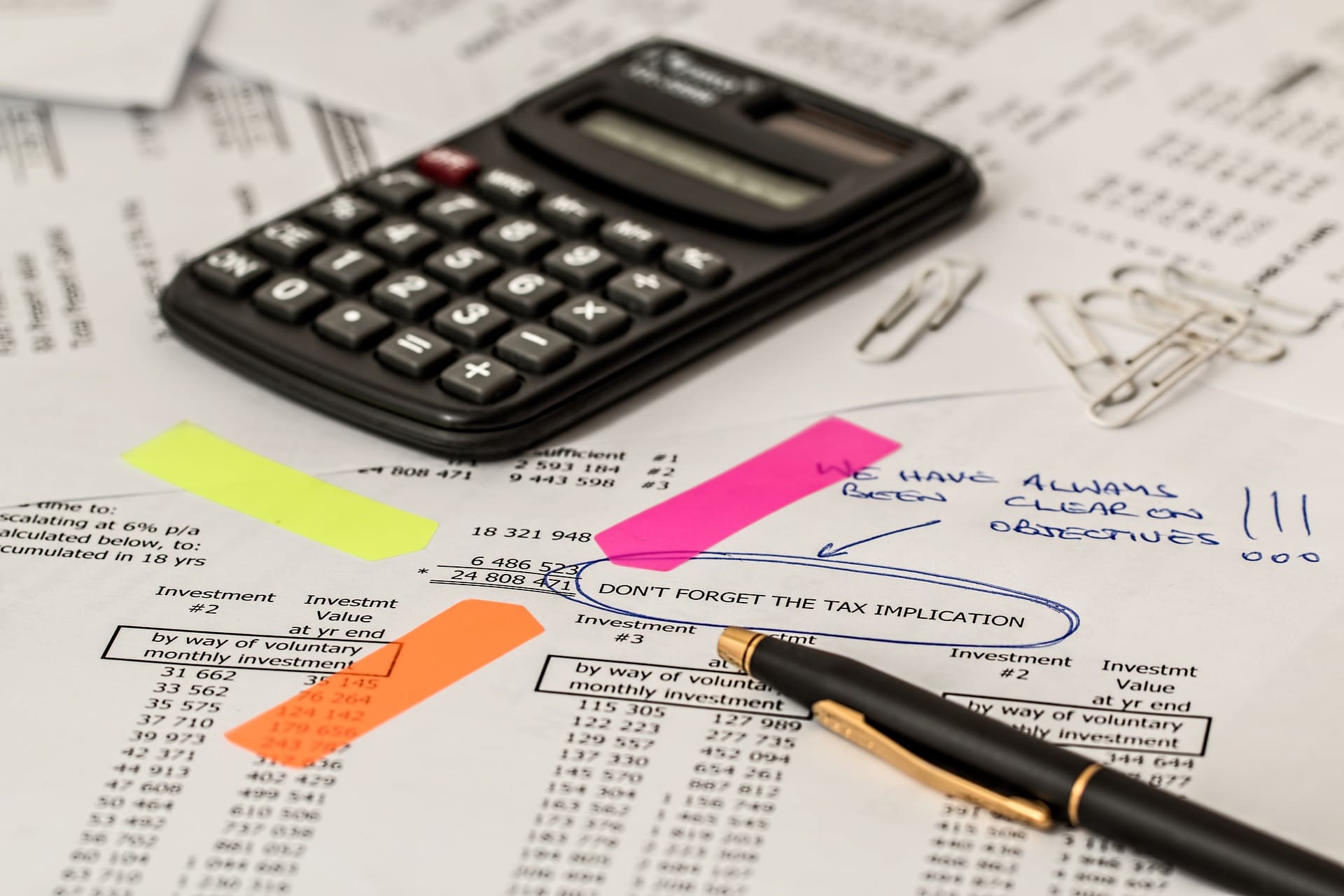
Using life insurance to mitigate Inheritance Tax
In recent research from Barclays Wealth, three in five (60 per cent) UK adults aged between 45 and 54 said they did not know if their investments would be subject to inheritance tax when they were passed on to family.
Additionally, the survey found that a quarter (26 per cent) of respondents did not know if their property’s value would be considered separately to the rest of their financial assets for inheritance tax purposes.
When it comes to expats, I have found that there is even more uncertainty around inheritance tax.
This is often due to confusion around the difference between residence and domicile.
Another factor is the potential added complexity of having a spouse that is not UK domiciled.
In my opinion, Inheritance Tax is one of the most overlooked and misunderstood areas of financial planning. Yet it can create colossal problems for those that inherit the assets.
However, IHT is also in effect a ‘voluntary’ tax. There are many established ways to mitigate the eventual charge on one’s estate upon death.

Using life insurance to mitigate inheritance tax
One of my favourites is to take out a life insurance policy that is written in an appropriate trust. The policy provides a lump sum on death to be used to pay the resulting IHT bill.
Note, that this does not reduce the amount of IHT that will be payable. It simply provides a means of paying the IHT from the proceeds of the insurance.
Due to the policy being in trust, the lump sum paid out will not count towards the estate.
The same technique can also be used when making large financial gifts. In this case, the proceeds of the life insurance policy would cover the IHT that would be due if the person making the gift were to die within seven years of making it.
A final, often overlooked, benefit is that the trust can pay out the proceeds of the policy quickly and this is not dependent on a grant of probate. In fact, if used to settle the IHT then it will actually enable such a grant to be obtained.
Therefore, not only is it tax effective, but it can speed up the process to dissolve the estate as per the wishes of the deceased.
❓ Frequently Asked Questions: Inheritance Tax for Expats
Do UK expats still have to pay inheritance tax?
Yes, UK inheritance tax (IHT) applies based on domicile status, not residency. Even if you live abroad, your worldwide estate could still be subject to IHT if you are UK domiciled.
What’s the difference between residence and domicile for tax purposes?
Residence refers to where you currently live, while domicile is a deeper legal connection to a country, typically where you consider your permanent home. You can be non-resident yet still UK domiciled, and therefore liable for UK IHT.
What is the current inheritance tax threshold?
As of 2025, the standard nil-rate band is £325,000 per individual. Anything above that is usually taxed at 40%, though allowances such as the residence nil-rate band can increase your threshold in some cases.
How can I reduce or mitigate my IHT liability?
Common strategies include gifting assets early, using trusts, placing life insurance in trust, and ensuring your estate plan takes full advantage of available exemptions and allowances.
Is life insurance a good way to plan for inheritance tax?
Yes. A life insurance policy held in an appropriate trust can provide funds to pay the IHT bill without adding to the estate, ensuring smoother and faster settlement.
What is the ‘7-year rule’ for inheritance tax in the UK?
If you gift assets and survive for seven years, the gift falls outside your estate for IHT purposes. If you die within seven years, the gift may still be taxed unless covered by exemptions or taper relief.
Can my spouse inherit tax-free if they are not UK domiciled?
Not necessarily. Transfers to a non-UK domiciled spouse are limited to £325,000 before IHT applies. Special planning is often needed. Read more here.
Will assets held overseas be exempt from UK IHT?
No. If you are UK domiciled, your global estate is subject to UK IHT—even if assets are held abroad. Only by changing domicile can you limit exposure, which is legally and practically complex.
Does IHT delay probate?
Yes. In many cases, IHT must be paid before probate is granted. Using a trust with life insurance can help provide funds quickly to settle IHT and obtain probate faster.
Is inheritance tax planning really worth the effort?
Absolutely. IHT can reduce your estate by 40%. With proper planning, you can reduce or eliminate this liability and ensure your beneficiaries receive more of what you’ve built up.

Talk to an Expert
Using life insurance to help mitigate Inheritance Tax (IHT) can be a powerful strategy – but only if the policy is set up correctly, in the right ownership, and aligned with your wider estate plan. Otherwise, the payout itself can end up inside your estate and simply increase the IHT bill your loved ones face.
I’m Ross Naylor, a UK-qualified Chartered Financial Planner and Pension Transfer Specialist with nearly 30 years’ experience helping families and British expats use life cover intelligently alongside gifting, trusts and allowances so that money is available to pay IHT without distorting their long-term plans.
I firmly believe your location in the world should never be a barrier to expert, impartial and transparent financial advice you can trust.
Whether you’re wondering how much cover is needed to offset a potential IHT bill, whether to use level or decreasing cover, how to place a policy in trust, or how life insurance fits with the new 2025 IHT rules and your existing estate planning, I’ll help you design a clear, tax-aware solution that genuinely supports your beneficiaries.
Book a confidential consultation
